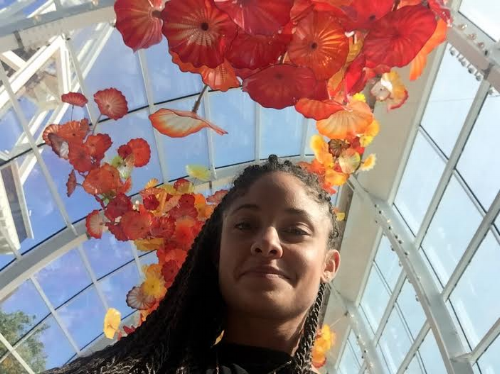Columbus Day Debates
We love debating as a way of developing critical thinking, practicing analytical skills, and thinking through persuasive arguments before we start writing them down as essays. Today, on Columbus Day (still a federal holiday), we had our students debate whether or not Columbus Day should be a holiday.
To set up this lesson, we have the students in two groups and give each group a different text. One is framed to be pro Columbus and one is framed to be anti Columbus. We have them read and learn more about Christopher Columbus and then we offer them the opportunity to choose a side for the debate.
This series of lesson serves to introduce debating and giving them an opportunity to be try it out themselves, help students recognize the problematic nature of history from one perspective, and demonstrate that author’s purpose really does make a difference. We go on to teach more lessons about critical reading and looking at language used, voices heard or omitted, and facts emphasized to understand the author’s perspective and biases.
This year, we were pleasantly surprised that only a few students wanted to be on the pro Columbus Day side of the debate. Many were undecided or in the middle, which was resolved after they went through the debate experience. We did hear the usual, “If he hadn’t come here we would never be here” argument as the lack of authentic or humanized Native American peoples in history, society, their lives means they identity with Columbus.
We also had to teach our students to say “discovered” in quotes, but they don’t fully understand how problematic that is until we give them an example that relates to them. Also, it is so hard to stop the “he discovered America” narrative because they have heard it SO. MANY. TIMES! No matter how many times we show them a map with his route to the Caribbean, it is something they “know” and is in mainstream society’s collective “knowledge” and consciousness.
The students continue to say that they enjoy learning about history even when it is painful, and that they prefer to know more sides to a story and something closer to the truth. They asked about why we (as adults and schools) continue to not correct the narrative and share more of the truth. They had many thoughtful questions about why weren’t they taught the correct events and wanted to know why we (as a society) still teach children that Columbus was a good person?
Related resource:
Zinn Education Project: Abolish Columbus Day





















